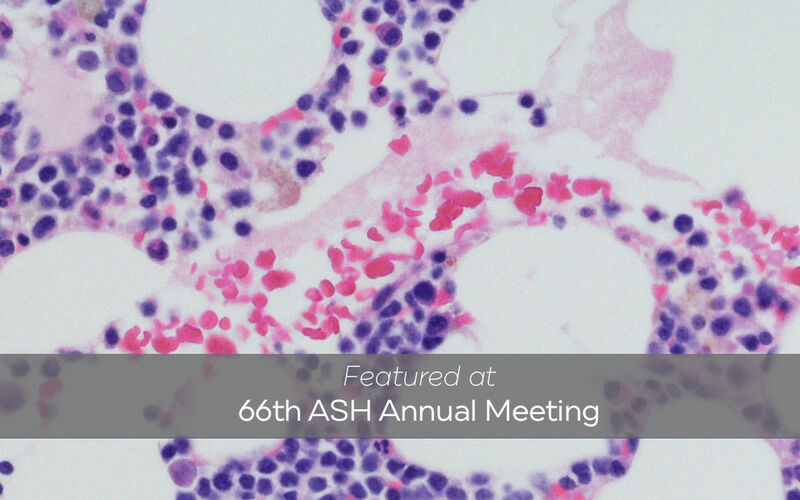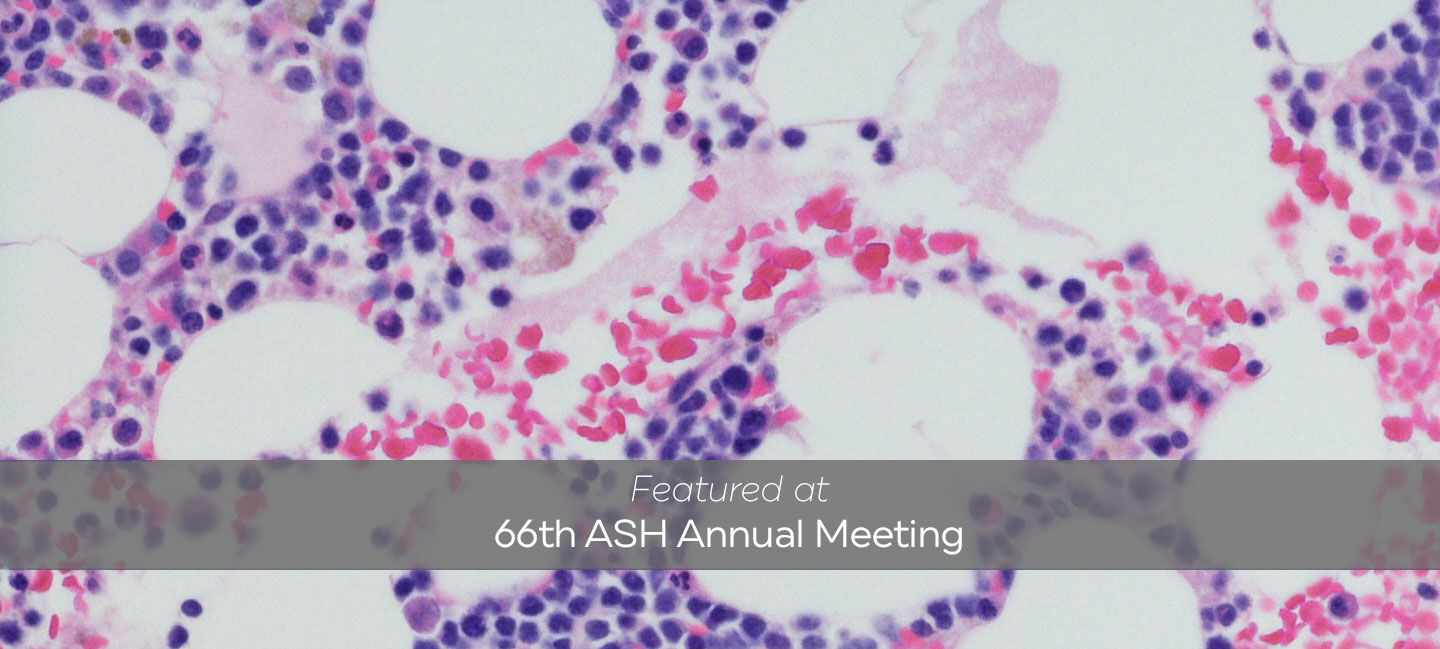Moffitt Study Finds New Genetic Clues to Resistance in Multiple Myeloma Treatments
A new study has uncovered important genetic information that helps explain why some patients with multiple myeloma don’t respond well to treatments using advanced immunotherapies.
Results of the study were presented at the American Society of Hematology annual meeting. Researchers found that treatments using CAR T-cell therapy and bispecific T-cell engagers have shown great success, but some patients still do not respond or relapse. This trial looked at patients’ genetic makeup of their pretreatment cancer cells to better understand why that happens.

Ciara Freeman, MD, PhD
Researchers studied the DNA of a large cohort of patients with relapsed or refractory multiple myeloma. All patients had been treated with either CAR T or bispecific T-cell engagers targeting the B-cell maturation antigen, a key target on myeloma cells. Researchers looked at the genetic information from their baseline, pretreatment cancer cells to find genomic clues about what makes some patients resistant to treatment.
“Understanding the genetic basis of treatment resistance in multiple myeloma is a major step forward,” said Ciara Freeman, MD, PhD, a presenting author of the study and oncologist in the Blood and Marrow Transplant and Cellular Immunotherapy Department at Moffitt Cancer Center. “By identifying specific genetic changes linked to poor outcomes, we can better predict which patients may not respond to current therapies and tailor treatment plans to improve their chances of longer term responses and therapeutic success.”
Key Findings
- Resistance to CAR T: Patients treated with CAR T therapy had a median progression-free survival of 394 days, but 25% stopped responding within the first 100 days. Researchers found that if a patient had disease outside the bone marrow or had been treated with anti-B-cell mutation antigen therapies before, their chances of good progression-free survival were lower.
- Genetic Clues: One key genetic change was the loss of the gene that encodes the B-cell mutation antigen (called TNFRSF17), which is found in 5% of patients. Most of these patients had also been treated with anti-B-cell mutation antigen therapies before. These changes were linked to treatment failure.
- NF-kB Signaling: Another discovery was that some patients had genetic changes affecting the NF-kB signaling pathway. This pathway plays a role in how cancer cells survive and grow. When the B-cell mutation antigen, the target of these therapies, was lost, patients with these NF-kB changes seemed to be able to survive without it.
Groups of Genetic Changes
Researchers grouped the genetic changes into these categories to help explain treatment success or failure:
- Good Outcomes: Patients with mutations in a gene called RPL10 were more likely to stay in remission for at least a year.
- Bad Outcomes: Other groups had genetic changes that caused problems, like the loss of genes that help with cell repair or genes involved in how cells communicate.
- Multiple Problems: Patients who had two or more of these bad genetic changes had the worst outcomes, with a median progression-free survival of just 75 days compared to 763 days for those without these changes.
This research suggests that checking the genetic makeup of a patient’s cancer could help doctors predict how well a patient will respond to CAR T or bispecific T-cell engagers. It could also help doctors choose better treatment plans that might work more effectively based on each patient’s unique genetic profile. This could lead to better outcomes for patients by finding new ways to tackle treatment resistance.




